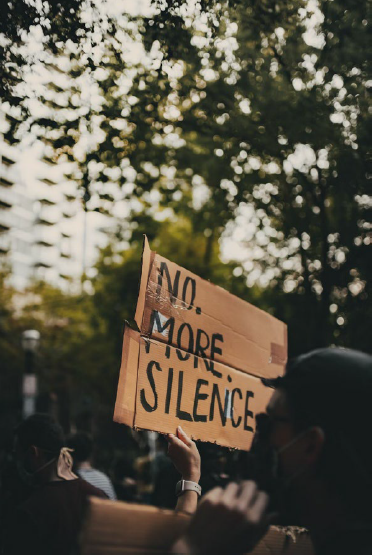Who is in your universe of obligation?
Sociologist Helen Fein coined the term “universe of obligation” to describe the circle of people or groups we feel responsible for and whose well-being we consider when making moral decisions. The universe of obligation determines who we choose to protect and assist in times of crisis.
During my internship at Human Rights Watch (HRW), I’ve seen a relentless group take on the obligation for all the people on Earth. Through publishing detailed reports, they provide summaries, solutions, and first hand testimonies that shed light on specific instances of human rights abuse to create change. These reports are direct, and the actions they are meant to inspire are laid out in the recommendations section. Ideally, we want people from all walks of life to read these reports and go forth to change their communities. However, the reality is that people are more likely to act when they feel a personal connection, when the other falls within their universe of obligation.
To mobilize their audience, HRW has employed the powerful tool of community based storytelling. When we learn about abuse in Cuban prisons or injustice in the Libyan justice system, from the lived experiences of those affected, we begin to see not just statistics, but people. The distant becomes intimate. It dawns on us that these people could be us, our neighbors, or our friends, had we been dealt a different set of cards.
This is where storytelling transforms into community action. While every voice matters, some voices carry more weight in certain rooms than others. You can and should use your voice to amplify the voices of those who cannot be in the rooms you are in. Centering survivors’ stories and pairing them with clear, actionable recommendations is how HRW not only informs the public but also pressures those in power to respond. Their theory of change model shows that storytelling, when done responsibly and with purpose, can be a catalyst for impact.
My time at Human Rights Watch has reshaped my universe of obligation. I am reminded every day that I can choose to expand it by staying informed. Empathy can be intentional, and we can become more empathetic by learning about the well-being of others. I now keep up with a variety of situations around the world that I was unaware of before the start of my internship. Staying informed is my first step toward meaningful action. The work being done at HRW reminds me that while we cannot solve every problem, we can start by approaching them more consciously.
So, who is in your universe of obligation? And more importantly, who could be?
Change begins not with massive gestures, but with small, intentional shifts in how we see and respond to the world around us. The reports are an invitation to act.
The rest is up to us, the audience.

